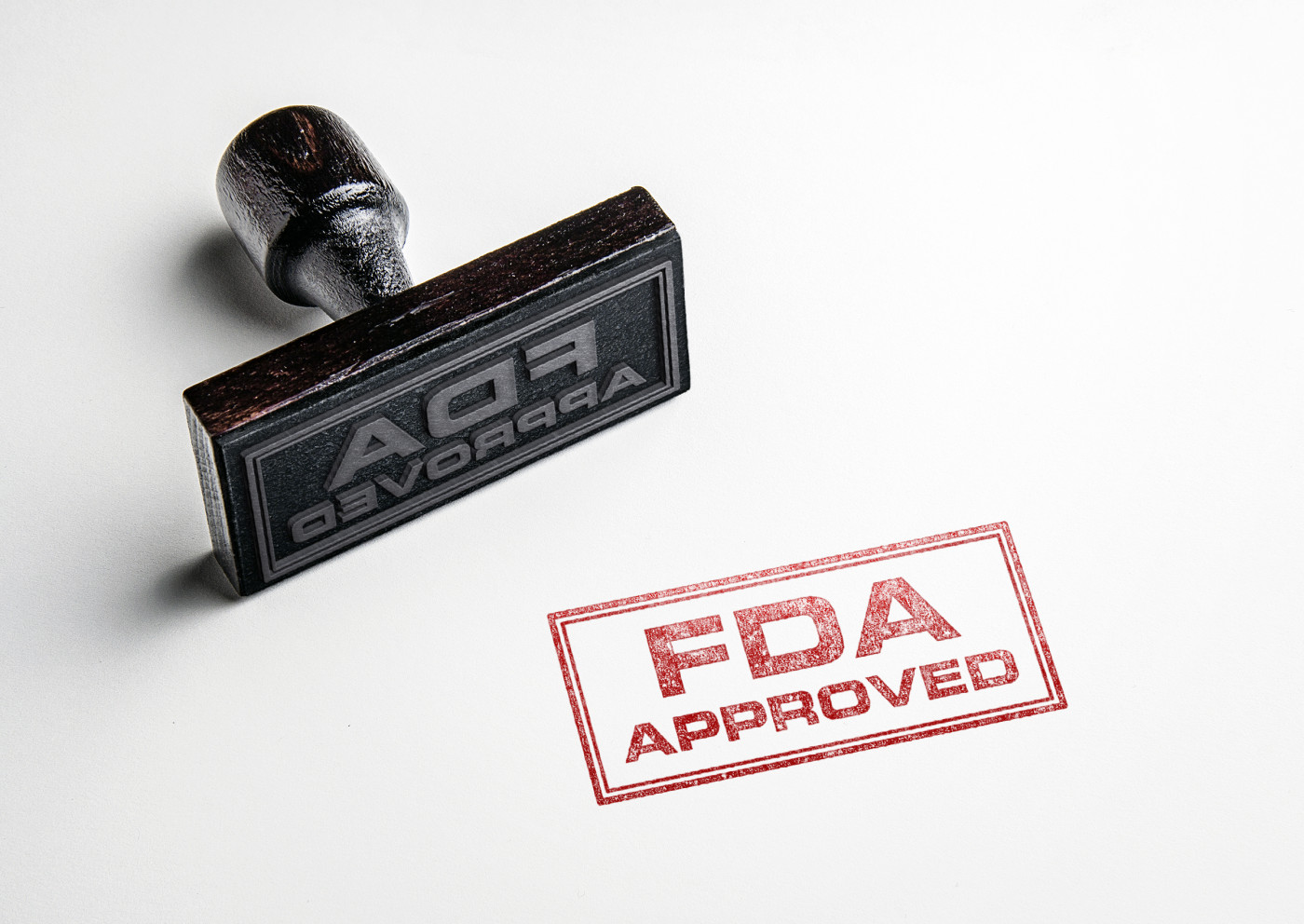FDA Approves Darzalex Faspro as Injection Therapy for Multiple Myeloma
Written by |

The U.S. Food and Drug Administration (FDA) approved Janssen‘s new formulation of daratumumab — a subcutaneous or under-the-skin injection treatment called Darzalex Faspro (daratumumab and hyaluronidase) — as a faster and easier alternative for people with multiple myeloma.
The original formulation, Darzalex, requires an intravenous (into-the-vein) infusion given over several hours. Darzalex Faspro is seen to be an equally effective option, given to patients by a healthcare provider as an abdominal injection that takes a few minutes.
Darzalex Faspro was approved as a fixed 1,800 mg dose for four of Darzalex’s six indications, and available for adults patients who are newly diagnosed and for those given prior therapies.
Indications include a combination with Velcade (bortezomib), melphalan, and dexamethasone as first-line treatment for people who cannot receive a stem cell transplant; and in combination with Revlimid (lenalidomide) and dexamethasone for those unable to undergo stem cell transplant who are either newly diagnosed or have tried other therapies.
Those with at least one previous therapy may also use Darzalex Faspro in combination with Velcade and dexamethasone. Darzalex Faspro is also approved for patients with three or more previous lines of therapy, including a proteasome inhibitor and an immunomodulatory agent, or those who failed to respond to both these medications.
Janssen anticipates that Darzalex Faspro will be available to patients by May 11, and notes that Darzalex will still be available to those who prefer an infusion treatment.
“The Multiple Myeloma Research Foundation shares a common goal with Janssen in advancing treatments for multiple myeloma and addressing the unmet needs of this patient community,” Paul Giusti, foundation president and CEO, said in a press release.
“The approval of Darzalex Faspro marks an important milestone which will help make a positive difference in the lives of patients who depend on this effective therapy,” Giusti added.
Approval was based on data from two ongoing clinical trials: the multicenter and randomized COLUMBA Phase 3 trial (NCT03277105), and the multicenter and open label PLEIADES Phase 2 trial (NCT03412565).
COLUMBA enrolled 522 relapse/refractory myeloma patients: those who had tried at least three prior lines of therapy, including a proteasome inhibitor and an immunomodulatory agent, and those who failed to respond to both types of therapy.
Its goal was to directly compare the two daratumumab formulations and determine that Darzalex Faspro was at least non-inferior to Darzalex in terms of response rates, safety, time to disease worsening or death, and overall survival.
Results showed that a similar proportion of patients responded to the subcutaneous formulation (41%) as those given intravenous Darzalex (37%). The time patients lived without disease worsening and safety were also similar for the two formulations, but fewer patients on Darzalex Faspro experienced infusion-related reactions (13%) compared to those on Darzalex (35%).
Patients were treated with Darzalex Faspro over a median injection time of five minutes, while those on Darzalex required a median of seven hours to receive the first infusion, 4.3 hours for the second, and 3.4 hours for subsequent infusions.
PLEIADES is a multi-arm trial investigating the efficacy of Darzalex Faspro in a range of people with multiple myeloma. These include newly diagnosed patients, for whom it is being given in combination with Velcade, melphalan and prednisone, and relapsed or refractory patients, who are receiving it in combination with Revlimid and dexamethasone.
In these two populations, the combinations tested led to a response rate of 88.1% and 90.8%. The combinations were seen to be safe and well-tolerated, with the most common adverse reactions being respiratory tract infection in the Velcade arm, and fatigue, diarrhea, infections, fever, constipation, and shortness of breath in the Revlimid arm.
Two additional groups in PLEIADES are testing Darzalex Faspro in combination with Velcade, Revlimid and dexamethasone, and with Kyprolis and dexamethasone.
“Since the approval of daratumumab, a robust body of evidence has established its use as a treatment for multiple myeloma in both the frontline and relapsed and refractory settings,” said Saad Z. Usmani, MD, division chief of Plasma Cell Disorders at the Levine Cancer Institute in North Carolina. “With Darzalex Faspro there may be fewer administration-related reactions compared to intravenous Darzalex, providing an additional treatment option that may help patients, oncologists and nursing staff.”
Information and support services for patients in the U.S. wanting access to Darzalex Faspro is available through the company’s Janssen CarePath Program for Darzalex, including treatment availability at about $5 per injection for those eligible.
“Based on its favorable profile, we are accelerating the development of Darzalex Faspro and evaluating its potential in multiple ongoing studies,” said Mathai Mammen, MD, PhD, global head for Janssen Research and Development.
The company is also seeking its approval with regulatory authorities worldwide.



